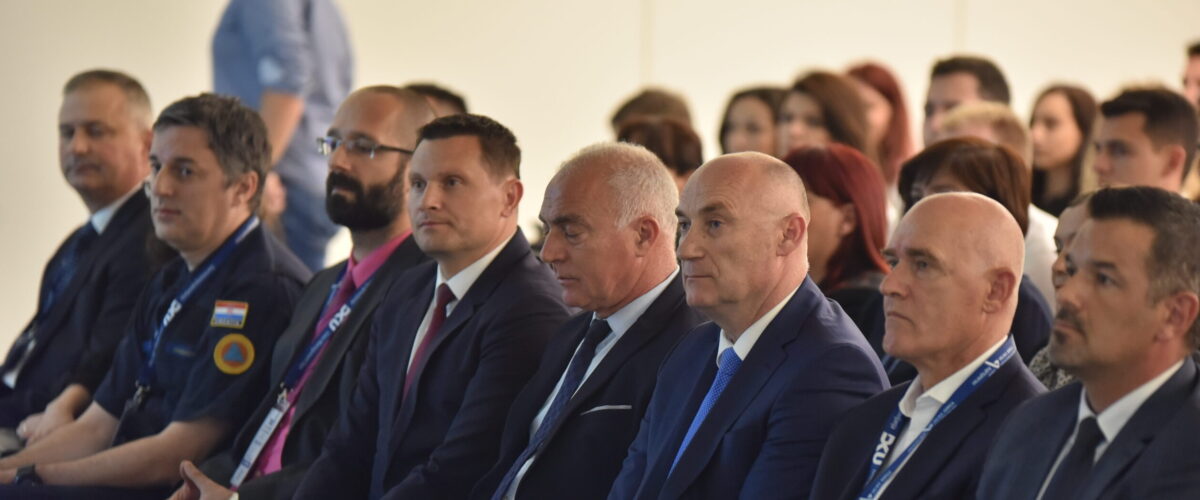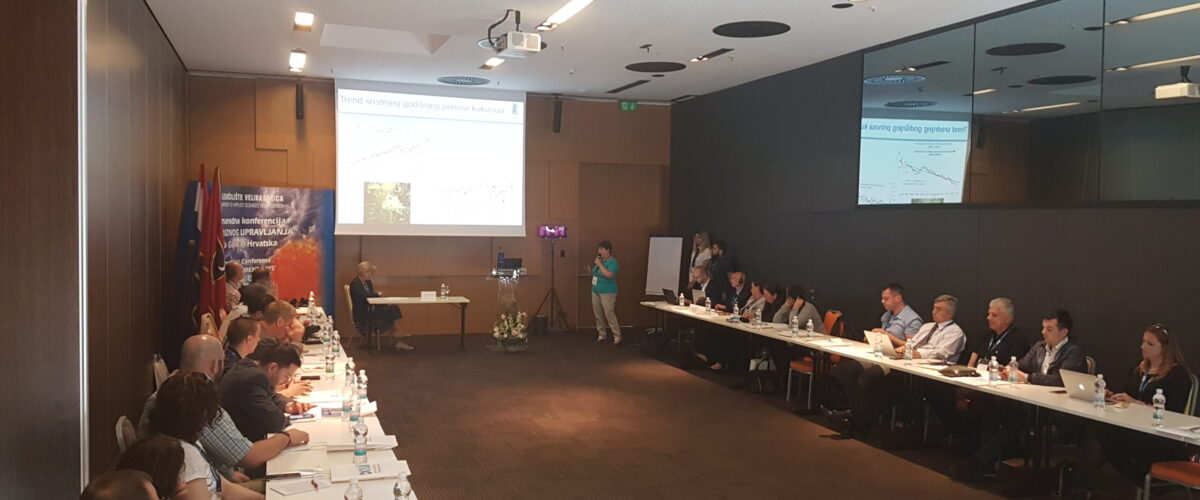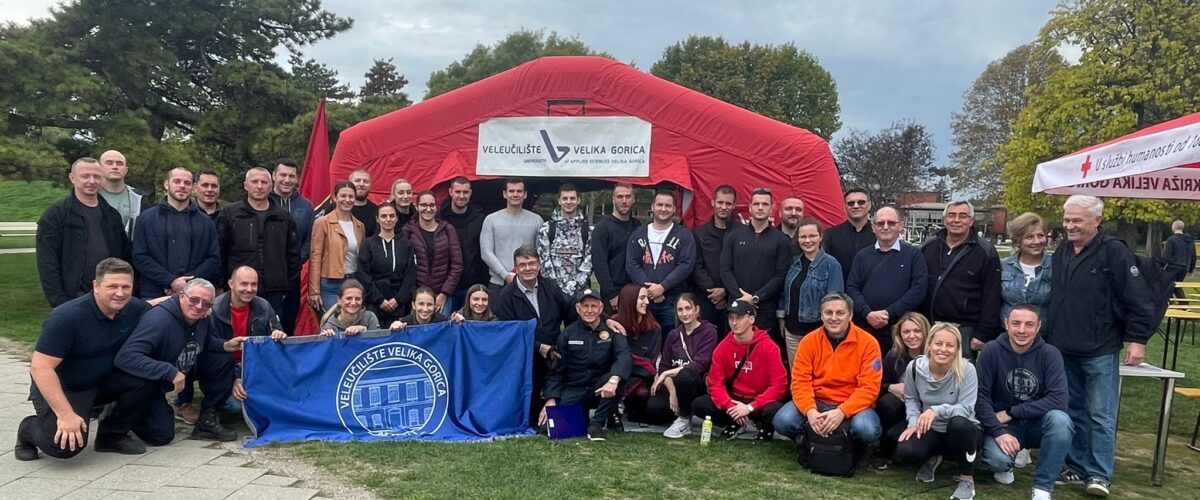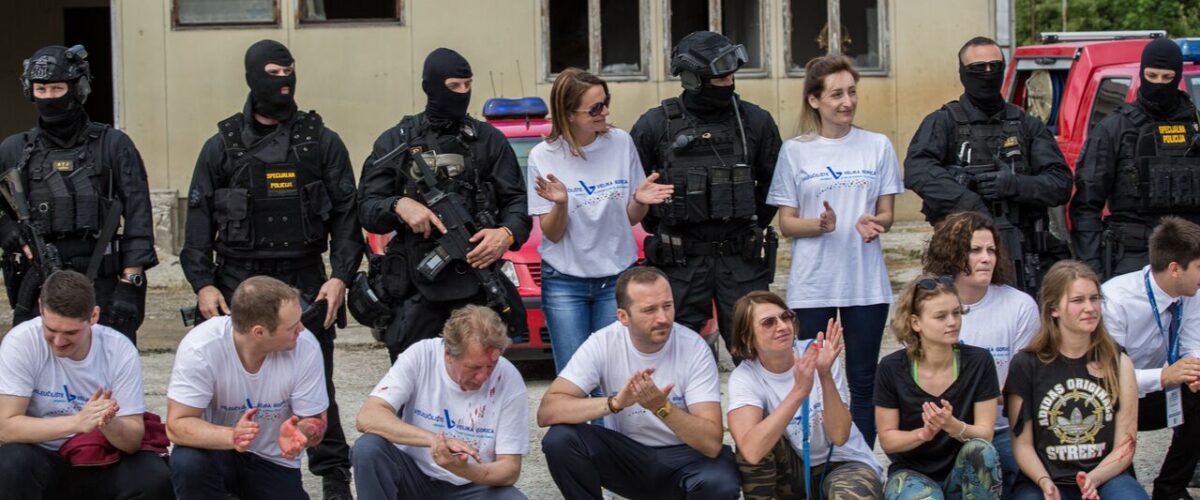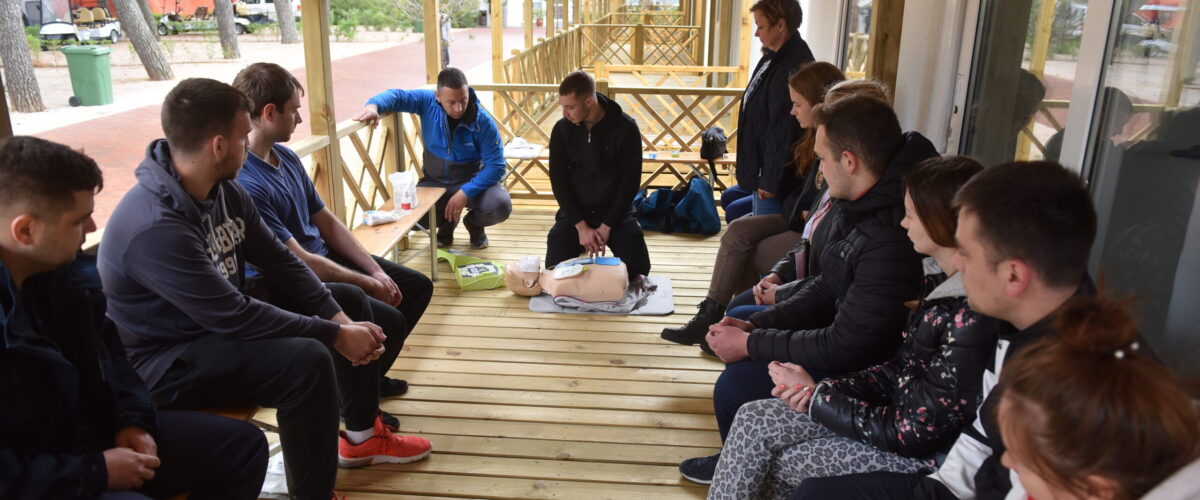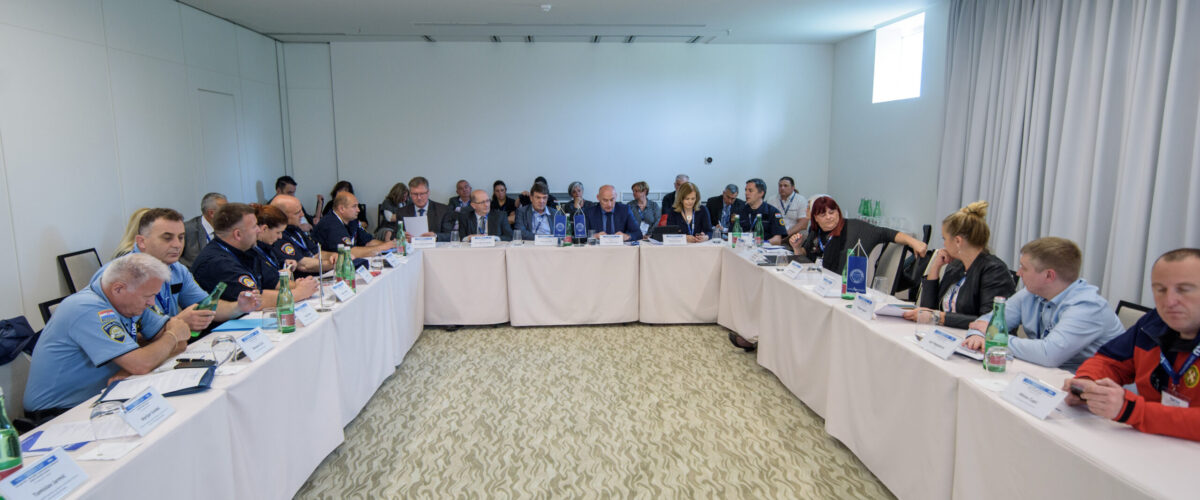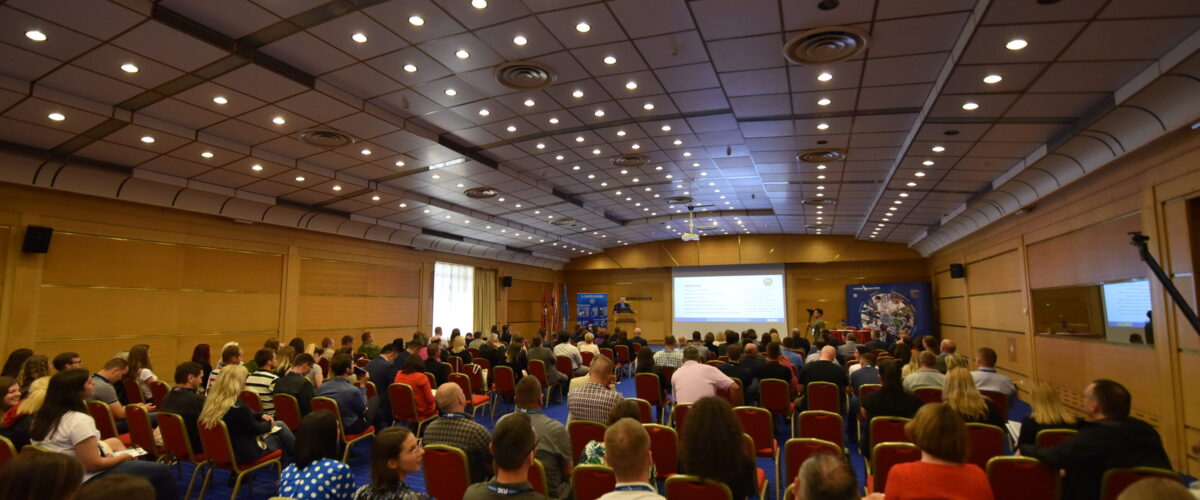Crisis Management Days 2021 – September 22nd and 23rd
After the successful opening and the first part of the conference, held on May 20, 2021, we are pleased to invite you to participate in the second part of the international scientific conference Crisis Management Days to be held September 22 and 23, 2021 at the University of Applied Sciences Velika Gorica. The second part of the conference will be held over two days and will present new scientific and professional insights of experts and researchers dealing with topics related to crisis management.
The conference will take place online and face-to-face in order to enable the participation of all interested parties, and will be broadcast live via online platforms. Both days of the conference will start with an open discussion format.
You can follow the conference as a participant or actively participate as an author. Authors should submit an abstract by September 1, 2021. Authors of accepted abstracts will be invited to present their findings and research as a presentation or a poster. When submitting abstracts, authors should indicate whether they want to submit a full paper after the presentation. The deadline for submission of full papers is October 20, 2021. Abstracts will be published in the book of abstracts and papers in the conference proceedings. Authors of particularly high-quality research papers will be invited to submit them for publication in the international scientific journal Annals of Disaster Risk Sciences. Working languages of the conference and the conference proceedings are Croatian and English, and the language of the scientific journal is exclusively English.
Instructions for submitting abstracts and papers are available on the conference website.
The main topics introduced in the panel discussions in May will be further discussed. The panel discussions are available in the video gallery (Croatian only).
- EARTHQUAKE AS AN UNACCEPTABLE RISK
After the catastrophic earthquakes that hit central Croatia in 2020 amid the global pandemic, many open questions remain regarding the management of this crisis and the role of national, regional, and local authorities. In addition to the immediate response to the disaster, the issues raised include earthquake risk management and elimination, protection of critical infrastructure in the earthquake-affected area and general security of the community immediately after the disaster and later in the recovery period.
Correct and timely information is necessary in all types of crisis situations. Therefore, we invite the authors to offer new insights in the field of crisis communication in the context of earthquakes and pandemics, taking into account the similarities and differences of these crises and their impact on the media, public, crisis management and other related elements.
Additionally, this section covers topics related to systems, devices and equipment designed to manage crises caused by earthquakes and pandemics.
Information and communication technologies have long been a necessary tool in crisis management, and during the global pandemic they became the basis of a functioning society at all levels. The online shift has greatly contributed to a significant increase in cyber threats, information system security threats, abuse of social networks and other platforms.
An indispensable segment of the community’s recovery after the crisis is the economy, and in this sense, we invite research and presentations dealing with management, strategies, systems and plans to ensure business continuity in the event of earthquakes and global pandemics.
- THE ROLE OF ASSOCIATIONS IN DISASTERS
Volunteers make up an important part of the relief operational capacity in crisis situations, as could be seen after the recent earthquakes in central Croatia. The organization, structure and work of voluntary associations, their relationship with national and local administrations, the civil protection system, as well as the legislative framework within which they operate are topics that will be addressed in this section.
- HEALTH AND PSYCHOSOCIAL ASPECTS OF DISASTERS AND CRISIS SITUATIONS
The mental health of the individual has come under attack because of epidemiological measures. We invite authors to present their experiences and insights on mental health and psychological resilience in a pandemic, as well as psychosocial interventions after major disasters such as last year’s earthquakes in Croatia.
The global pandemic has severely strained health care systems around the world, and in Croatia the system has come under additional pressure in the quake-hit area. We want to stimulate discussion on the organization of health care in emergencies, epidemics, and measures to prevent the spread of disease in crisis situations such as earthquakes.
- ENVIRONMENTAL SAFETY AND ECOLOGICAL ASPECTS OF DISASTERS AND CRISES
Pandemics and earthquakes pose new environmental challenges to society. This section will address topics such as the challenges of establishing environmental and living standards in earthquake-affected areas, adapting policies, strategies and plans for a safe environment in crisis conditions, and other aspects of environmental protection in the pandemic and post-pandemic world.
Important dates:
September 1 September 8 – abstract submission
September 8 September 15 – abstract review deadline
September 22 and 23 – presentations
October 20 – deadline for submission of full papers



